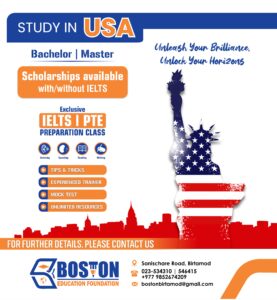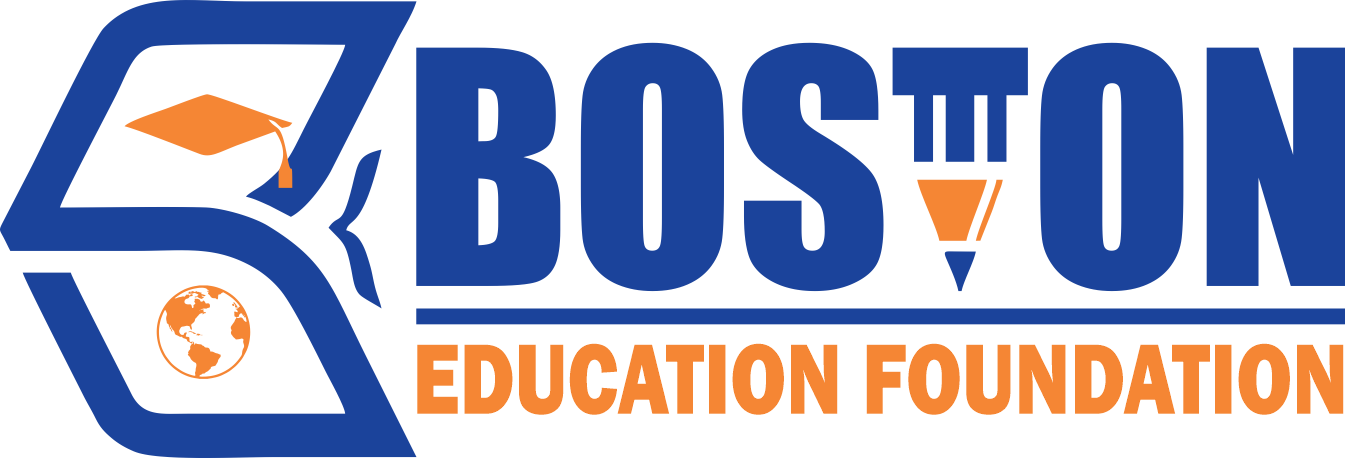 An amazing educational experience that goes well beyond the classroom is provided by studying in the United States. The USA is a welcoming sanctuary for international students because to its various cultures, world-class colleges, and reputation for innovation. Prestigious universities that provide a wide range of programs, cutting-edge research possibilities, and access to top specialists in numerous subjects serve as a testament to its academic brilliance. Students are welcomed into a melting pot of cultures outside of the classroom, which helps them develop a global perspective and lifetime connections. The USA is a launching pad for future success because of its dedication to practical learning through internships and optional practical training (OPT). Also promising a rich and transforming experience is the natural beauty of the United States, from its beautiful landscapes to its historic cities.
An amazing educational experience that goes well beyond the classroom is provided by studying in the United States. The USA is a welcoming sanctuary for international students because to its various cultures, world-class colleges, and reputation for innovation. Prestigious universities that provide a wide range of programs, cutting-edge research possibilities, and access to top specialists in numerous subjects serve as a testament to its academic brilliance. Students are welcomed into a melting pot of cultures outside of the classroom, which helps them develop a global perspective and lifetime connections. The USA is a launching pad for future success because of its dedication to practical learning through internships and optional practical training (OPT). Also promising a rich and transforming experience is the natural beauty of the United States, from its beautiful landscapes to its historic cities.
Studying in the USA offers students a broad and inclusive atmosphere that fosters personal growth and global awareness in addition to academic and career prospects. The USA, which has a history of valuing variety, gives foreign students the chance to interact with individuals from all walks of life, expanding their perspective and deepening their understanding of many cultures. The United States’ dedication to research and innovation fosters an atmosphere where inquisitiveness and creativity flourish, enabling students to take on global issues and leave a lasting impression. The USA provides a vibrant and supportive ecosystem that promotes academic success and personal growth, regardless of whether you’re interested in obtaining a degree in the arts, sciences, engineering, or business. So start your path toward intellectual and personal development, and investigate.
Visa choices for studying in USA:
F-1 Student Visa: This is the most common visa type for academic study in the United States. It is for students who plan to attend a U.S. college, university, high school, private elementary school, seminary, conservatory, or language training program. F-1 students must be enrolled in a full-time academic program and must maintain their status by complying with specific regulations.
J-1 Exchange Visitor Visa: The J-1 visa is used for approved exchange programs, which can include study, research, teaching, and cultural exchange. It is commonly used for exchange students and scholars.
M-1 Visa: The M visa is for students pursuing vocational or non-academic programs in the USA. This includes programs such as technical or vocational training, flight school, and non-academic language courses. M-1 students must also maintain full-time status and comply with specific regulations.
You should apply for the F-1 student visa if you want to pursue academic education in the USA. With an F-1 visa, you are able to enroll in a variety of academic programs at reputable academic institutions including colleges and universities. Your study program’s exact requirements will determine the sort of visa you require. Make sure to get advice on the right visa category and criteria from the educational institution you intend to attend.
Popular programs choices for international students in USA:
- Business Administration (MBA)
- Computer Science
- Engineering
- Healthcare and Nursing
- Finance and Accounting
- Economics
- Biological Sciences
- Physical Sciences
- Mathematics and Statistics
- Psychology
- International Relations and Political Science
- Environmental Science and Sustainability
- Social Work
- Education
- Art and Design
- Hospitality and Tourism Management
Communication and Media Studies
- Linguistics and Language Studies
- Criminal Justice and Criminology
- Agriculture and Agricultural Business
Scholarship Opportunities
Scholarships in the USA are a cornerstone of higher education accessibility and affordability. These financial awards, offered by universities, government agencies, private organizations, and philanthropic foundations, provide crucial support to both domestic and international students. Scholarships come in various forms, ranging from merit-based, need-based, and talent-specific awards. They recognize outstanding academic achievements, leadership qualities, artistic talents, and community involvement, enabling students to pursue their educational dreams without the burden of excessive student debt.
Beyond their financial benefits, scholarships offer invaluable opportunities for personal and academic growth. Recipients often engage in extracurricular activities, community service, and research projects, enhancing their skills and knowledge. Scholarships also foster a sense of achievement and motivation among students, encouraging them to excel academically and make meaningful contributions to society. Moreover, scholarships contribute to the diversity and inclusivity of educational institutions by attracting students from diverse backgrounds and cultures, enriching the academic experience for everyone involved. In essence, scholarships in the USA play a pivotal role in shaping the future by investing in the potential and aspirations of talented individuals and promoting equal access to quality education.
